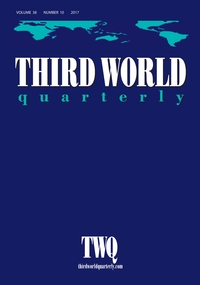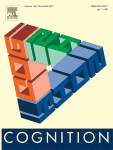![]() A new journal is offering something we’ve never seen before: A cash reward to corresponding authors of papers it publishes.
A new journal is offering something we’ve never seen before: A cash reward to corresponding authors of papers it publishes.
Normally, in the case of open-access journals, researchers have to pay article processing charges (APCs). But Minimally Invasive Surgical Oncology, an open-access journal launched at the end of last year, flips the typical narrative — it will pay corresponding authors $500 for every original or review article it accepts. If any author joins the editorial board, the payment — which the journal dubs “royalties” — increases to $600.
Editor Wenyuan Chen admitted it’s an unusual policy:
Continue reading Journal: Publish here, and we’ll pay you $500
 More than 20 faculty members at Johns Hopkins University have signed a letter to Scientific Reports saying they will resign from the editorial board if the journal doesn’t retract
More than 20 faculty members at Johns Hopkins University have signed a letter to Scientific Reports saying they will resign from the editorial board if the journal doesn’t retract 

 A journal has withdrawn an essay
A journal has withdrawn an essay 

 Nature
Nature A social psychologist has retracted a second paper that contains “fabricated or manipulated data.”
A social psychologist has retracted a second paper that contains “fabricated or manipulated data.”
